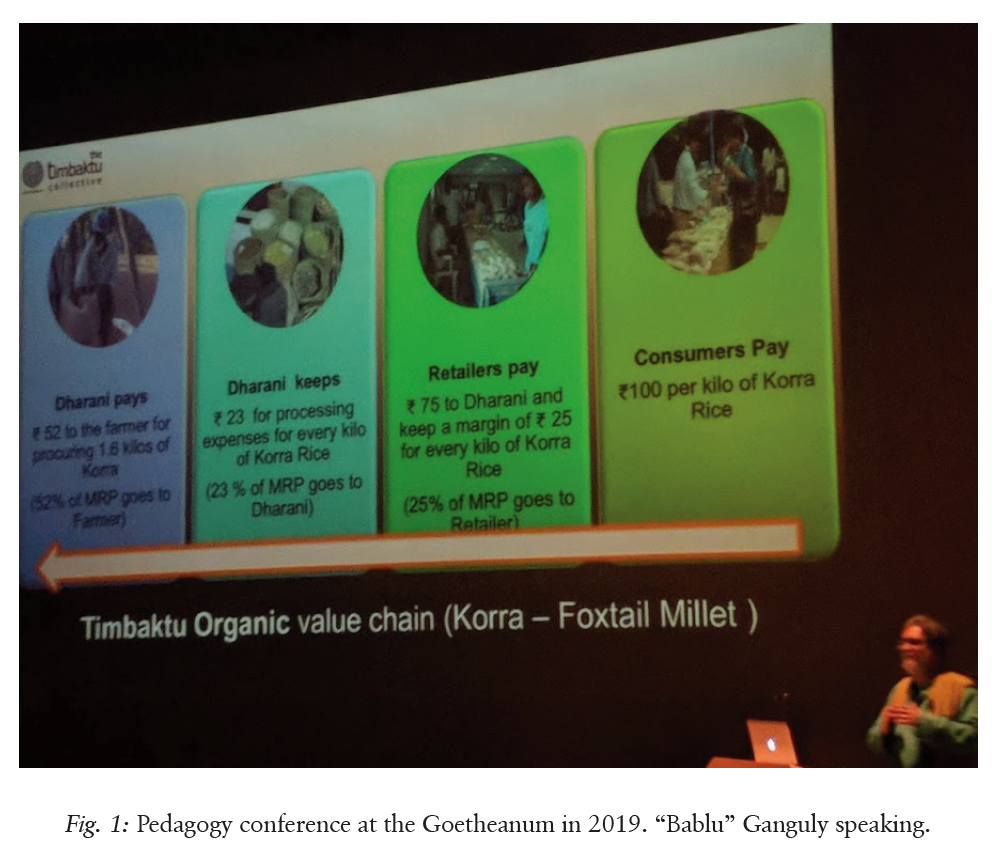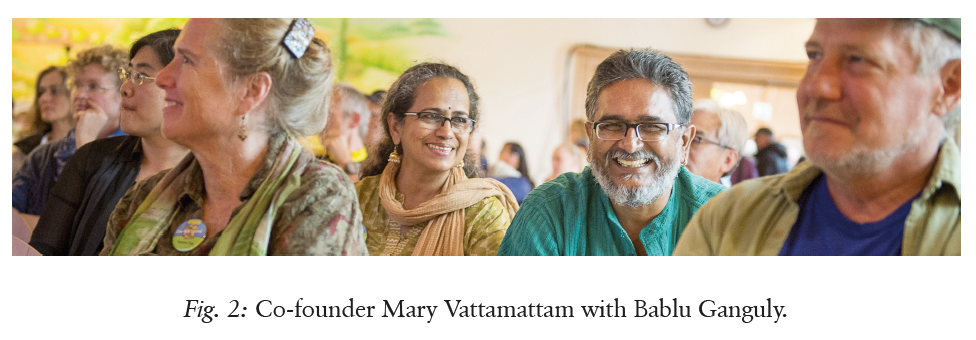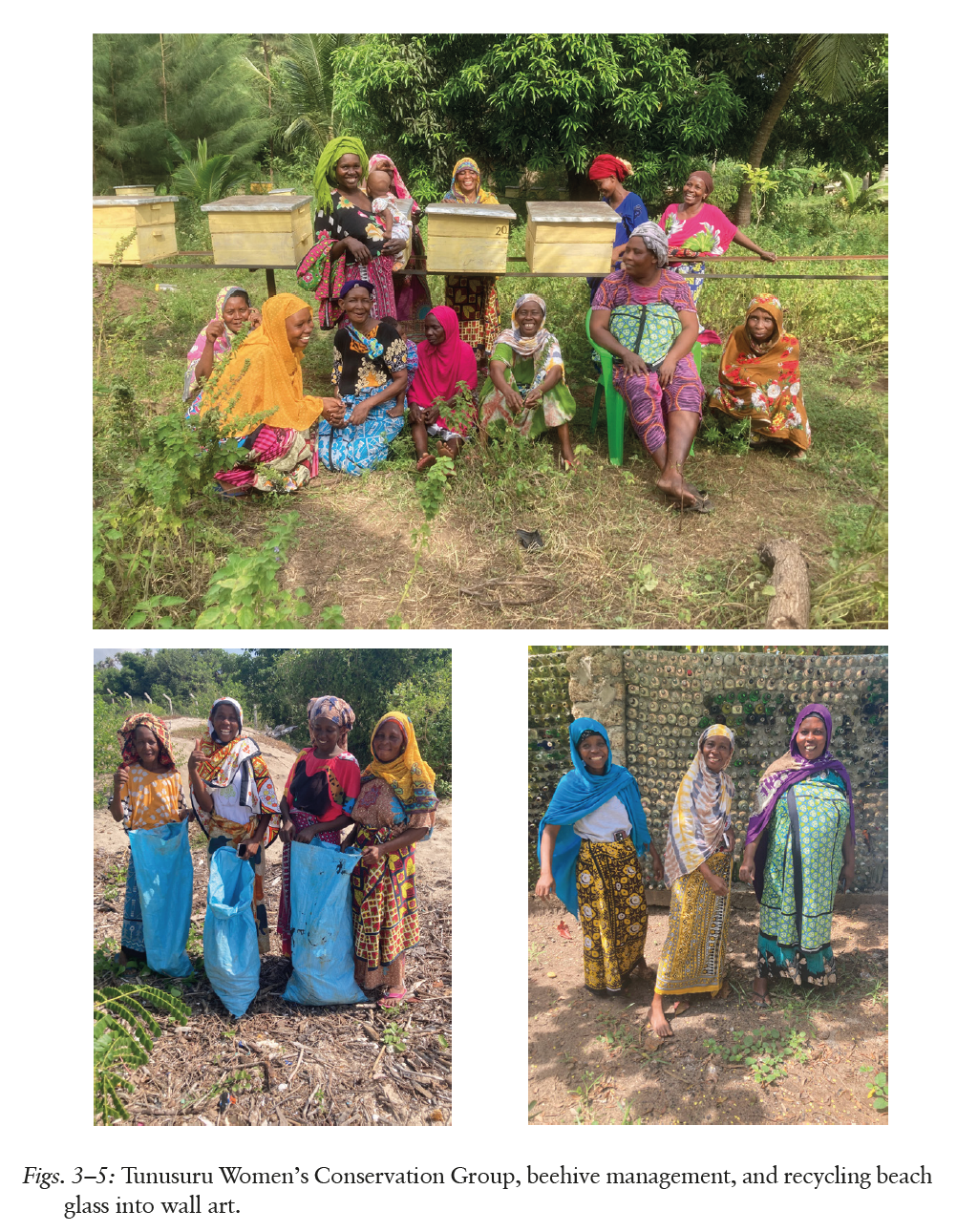“Alles ist Blatt” – Goethean-driven Social Science and Qualitative Inquiry
Elemente der Naturwissenschaft
122,
2025,
P.
66-79 |
DOI:
10.18756/edn.122.66
Article | Language: English | €6.00
Export Article Citation as
- Plain text
- BibTeX
- RIS format
- Download price : € 6.00
Abstract:
Means of diversifying methodological approaches include varying research questions and ways of asking them. This paper suggests that a diversity of qualitative approaches strengthens the research itself, and is of particular use in Goethean-driven social science. I use examples of my research in Andhra Pradesh, India, and Kwale county, Kenya, to question hypotheses- and measurement-driven pattern-seeking “scientific” models in favor of phenomenological participatory inquiry. In so doing, I discuss Goethean science and participatory research approaches to find common ground in perception-oriented and empathetic qualitative research methods


